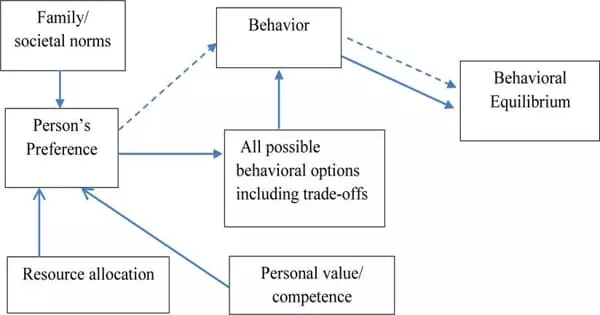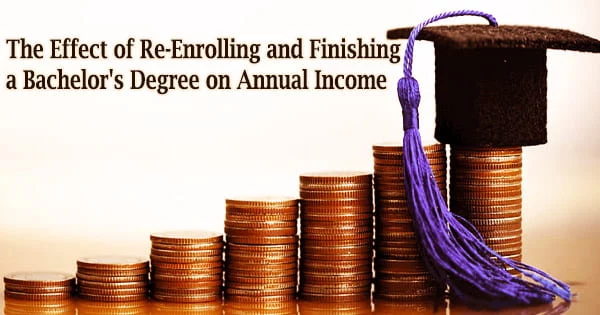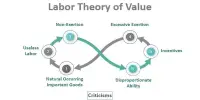Rational choice theory is an important concept in social work because it explains how people make decisions. It refers to a set of rules that can be used to better understand economic and social behavior. According to the theory, an individual will conduct a cost-benefit analysis to determine whether a particular option is appropriate for them. Those pursuing a social work degree will learn a variety of evidence-based theories to aid in their work. It also implies that an individual’s self-motivated rational actions will benefit the overall economy. Rational choice theory is concerned with three concepts: rational actors, self-interest, and the invisible hand. This theory contradicts some other social work theories. According to psychodynamic theory, humans seek gratification as a result of unconscious processes.
Rationality can be used as an assumption for individual behavior in a variety of contexts other than economics. It can be applied to a wide range of fields, including economics, psychology, and philosophy. Political science, sociology, and philosophy all use it. According to this theory, people use their self-interest to make decisions that benefit them the most.
Overview
According to rational choice theory, people use rational calculations to make rational choices and achieve outcomes that are in line with their own personal goals. The basic premise of rational choice theory is that individual actors’ decisions will result in aggregate social behavior. The theory also assumes that individuals have preferences for available options. These outcomes are also linked to maximizing an individual’s self-interest. It is assumed that these preferences are complete and transitive. Given the limited options available, the rational choice theory is expected to produce outcomes that provide people with the greatest benefit and satisfaction.
Completeness refers to the ability of the individual to specify which of the options they prefer (i.e. individual prefers A over B, B over A, or are indifferent to both). Alternatively, transitivity occurs when an individual prefers option A over option B and prefers option B over option C, leading to the conclusion that the individual prefers A over C. The rational agent will then conduct their own cost-benefit analysis using a variety of criteria to determine their best course of action.
One type of rationality is instrumental rationality, which entails achieving a goal in the most cost-effective way possible without considering the goal’s worthiness. Duncan Snidal emphasizes that the goals are not limited to self-interest, selfishness, or material gain. They also include goals that are concerned with others, such as altruism, as well as normative or ideational goals.
The following assumptions are made in order to fit the criteria for rational choice theory –
- All actions are rational and are made after weighing the costs and benefits.
- The benefit of a relationship or action must outweigh the cost of carrying it out.
- When the value of the reward falls below the value of the costs incurred, the person will halt the action or terminate the relationship.
- Individuals will use the resources available to them to maximize their rewards.
A rational choice theory does not claim to describe the decision-making process; rather, it assists in predicting the outcome and pattern of choice. As a result, it is assumed that the individual is self-interested or homo economicus. By balancing costs and benefits, the individual arrives at a decision that maximizes personal advantage. Proponents of such models, particularly those associated with the Chicago school of economics, do not claim that the assumptions of a model accurately describe reality, but rather that they aid in the formulation of clear and falsifiable hypotheses. According to this viewpoint, empirical tests are the only way to determine the success of a hypothesis. To use an example from Milton Friedman, a theory that states that the behavior of a tree’s leaves is explained by their rationality are considered successful if it passes the empirical test.
It may be impossible to empirically test or invalidate the rationality assumption without explicitly dictating the individual’s goal or preferences. The predictions made by a specific version of the theory, on the other hand, are testable. In recent years, the experimental results of behavioral economics have called into question the most popular version of rational choice theory, expected utility theory. Economists are learning from other disciplines, such as psychology, and enriching their choice theories in order to gain a more accurate understanding of human decision-making. For his work in this field, behavioral economist and experimental psychologist Daniel Kahneman received the Nobel Memorial Prize in Economic Sciences in 2002.
















